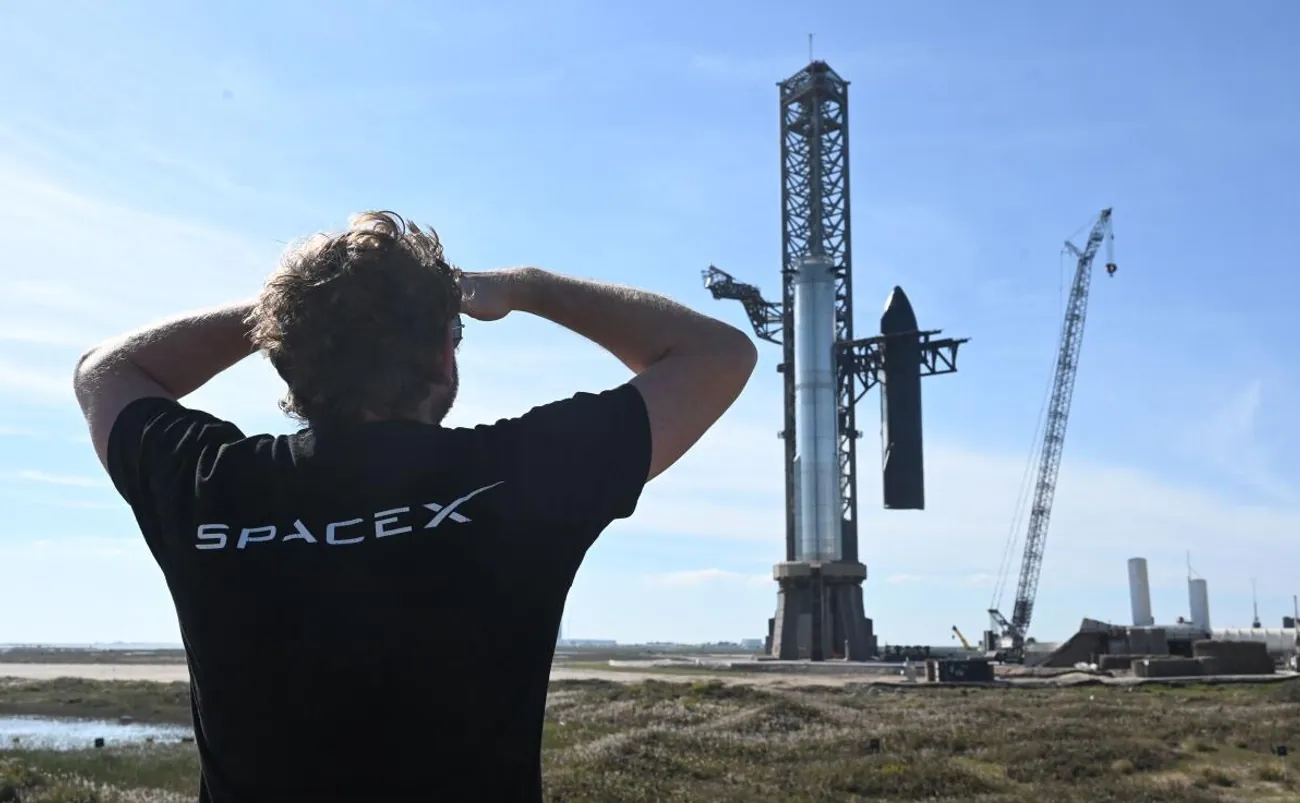Mexico’s President Claudia Sheinbaum has announced that her administration is considering legal action against SpaceX after debris from a recent rocket explosion landed in Mexican territory. The incident has raised significant concerns over environmental damage and cross-border accountability in the age of commercial space exploration.
The debris reportedly came from a SpaceX Starship rocket that exploded during a test launch from the company’s facility in southern Texas. The blast was powerful enough to scatter fragments beyond U.S. borders, with parts of the wreckage found across the Rio Grande in the Mexican state of Tamaulipas. Some of the debris washed up along coastal areas, while other materials were reported in remote inland regions.
President Sheinbaum described the event as an unacceptable breach of Mexican sovereignty and said that her government would not rule out legal action. She said that federal agencies are currently assessing the environmental and safety impacts, and the possibility of seeking international legal remedies remains on the table.

“This is a matter of national interest,” Sheinbaum said during a press briefing. “Debris from a foreign rocket should not be landing on our soil, especially without notification or coordination. If our investigation confirms contamination or risk to our environment or people, we will act accordingly.”
Initial inspections by environmental officials in Tamaulipas are focused on identifying hazardous materials and determining whether marine ecosystems were harmed. There is growing concern that the debris may contain remnants of fuel or chemical compounds that could damage local wildlife habitats, particularly along the Gulf coast.
The potential legal path for Mexico would likely involve international agreements governing space activity and liability. Under these frameworks, countries can be held responsible for damages caused by objects launched from their territory, even if the launch is conducted by a private company.
This situation places renewed scrutiny on the growing presence of private space firms along the U.S.-Mexico border. SpaceX’s rapid development and frequent test launches have drawn attention not only for their technological achievements but also for the environmental risks they pose. Launch failures, which are not uncommon in early testing phases, can result in falling debris, explosions, and toxic waste spread over large areas.
Officials in Mexico have expressed concern over what they see as insufficient regulation of such activities when they pose cross-border risks. They argue that Mexico should not bear the consequences of accidents occurring just miles from its territory, especially when no advance warning or cleanup cooperation is provided.
This is not the first time questions have been raised about rocket launches near populated or ecologically sensitive areas. Environmental groups and local residents have long warned of the potential for contamination, noise pollution, and disruptions to wildlife caused by frequent test launches. The latest incident may now spark international attention and calls for stricter oversight.

In response to the fallout, Mexican authorities are reportedly compiling a report on the environmental and safety impacts. If damages are found, the government is expected to initiate formal communication with the relevant parties in the United States. Legal experts say a diplomatic resolution is possible but could lead to formal litigation if the issue is not addressed through mutual agreement.
Meanwhile, the political tone of the situation has added another layer of complexity. For President Sheinbaum, who has emphasized environmental responsibility and national sovereignty in her administration, this issue could become a symbol of her government’s stance on foreign accountability and cross-border environmental justice.
As the investigation continues, the world will be watching how Mexico and SpaceX navigate the aftermath of this incident. It could become a landmark case in defining the responsibilities of spacefaring nations and companies operating near international borders.











